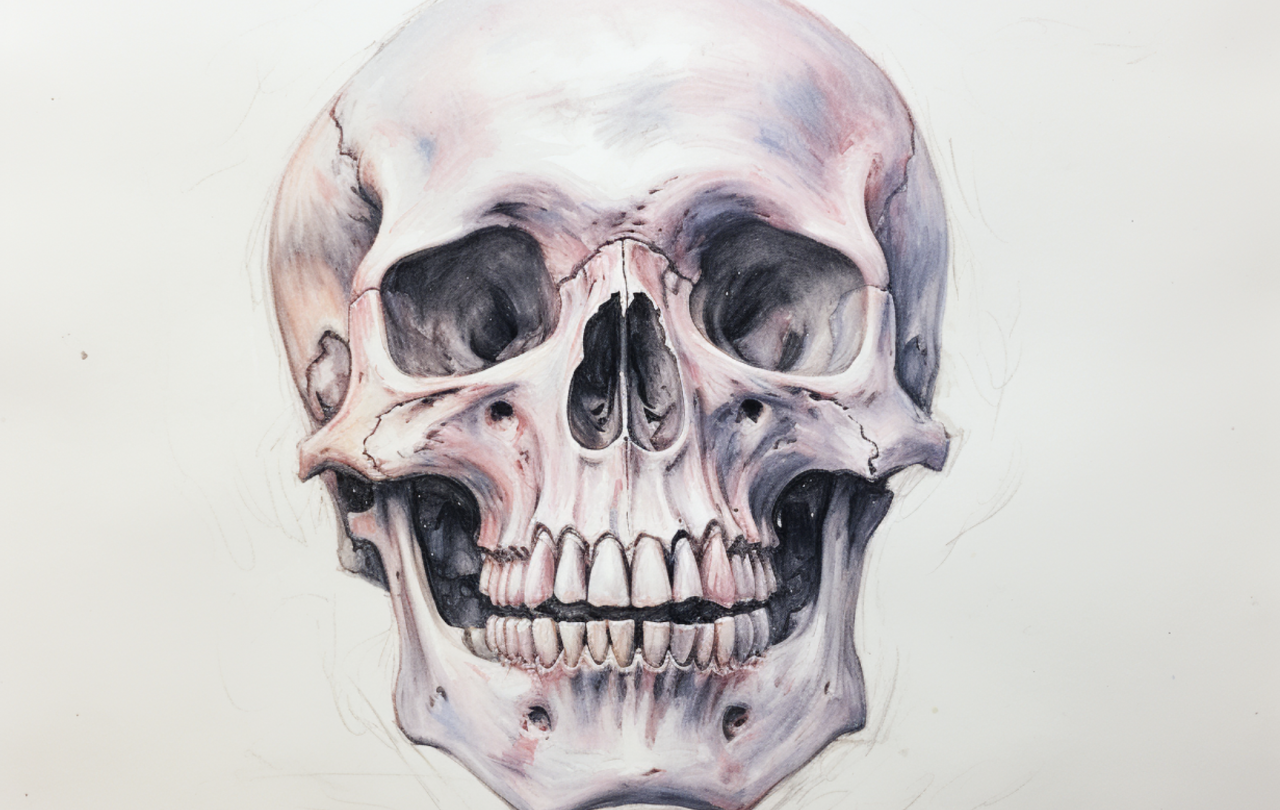
I went along to read some Genesis at a local Nine Lessons & Carols service, wearing the coat I’d worn the week before on my annual cathedral benefit tour with the evergreen folk-rock band Jethro Tull.
The coat still bore the stick-on backstage pass, ‘access all areas’, that acts as some form of security for band, crew and instruments. I hadn’t had time, or the skill to be honest, to soak it off gently to avoid damaging the fabric.
A number of congregants, both men and women – I hesitate, for contemporaneous reasons, to add “of a certain age” – noticed it. “Does Ian Anderson still stand on one leg when he plays the flute?” asked one. “I’ve still got some Tull albums from the Seventies,” added another. “Great band,” affirmed a third.
It strikes me that more church congregants recognise Tull than Tull fans recognise the Church of England. That’s to be expected, given that this is a tribe that grew up with a prevalent post-modern atheism. I remember in the early days following a pair of increasingly hairless old hippies into one of these gigs. “Looks like a flippin’ church,” said one. “That’s because it is a flippin’ church,” replied the other (though naturally they didn’t say “flippin’”).
These cathedral shows, of which there have been about 30 now, sell out easily and very soon after tickets go on sale in the summer. We played Bristol and Salisbury (again) last week. The larger cathedrals benefit to the tune of upwards of £25,000 for a couple of hours of Christmassy rock ‘n’ roll. They come because they like the sound of Jethro Tull and Anderson’s songwriting canon.
But there’s something else going on. They come, these predominantly unchurched people, to take ownership of their cathedral. They may come because it’s Christmas and it’s the right place to be. They come to be together, if not as the Body of Christ then at least in some sort of communion, which is true of any rock concert gathering in a corporate way, but which is lent something transcendent in a gothic cathedral.
This raises questions for me. The first is this: Come Christmas, what is it that they and we have all been waiting for, this crowd of people who seem strangely anticipative, not just to hear one of their favourite bands, but to hear something else in the air in a sacred, ancient place?
I have a theatrical role, somewhere between master of ceremonies, band confessor and rocking retainer. Top hat, tails, leggings, codpiece, pixie boots and a knobbed cane. Oh yes, and my clerical collar. It’s the dog collar that connects me to a reality beyond the show business.
In addition to cavorting, I deliver a Christmas blessing during the intro to the last number of the night (usually “May the joy of the angels, the wonder of the shepherds…” etc.). I’m struck by how moved many people are and remark on it afterwards in the crowd. There’s a real hunger for peace and goodwill in a broken world, not just an appetite for a thumping bass line to swing hips to, as they raise their eyes to a vaulted, lit ceiling far away, sometimes a thousand years old.
My second question is relatedly this: What does a merry Christmas mean in this context? Quite often, Tull’s Christmas song from 1977 will be on the setlist, Ring Out, Solstice Bells. It’s pagan in theme (“seven druids dance in seven time”) but it engenders in this setting a strong folk memory of light and cheer in the darkness. There’s a defiance of the dark here and the cathedral stands as a bulwark against it down the centuries. Be of good cheer because all will be well – that’s what it means to wish a merry Christmas.
A final question: Why do they come back every year, this motley band of ageing rockers (though there are youngsters too)? Part of the answer to that is the comfort of the familiar and eternal – and I don’t mean only songs that are up to half a century old. It’s a truth among other truths that religious observance is growing in some societal pockets, among Gen Z men for example.
Cathedrals aren’t like parish churches, where you may feel part of a small community. Cathedrals are a part of the world, in all its harsh reality. Katherine Amphlett LINK has written here of Coventry cathedral (where Tull has played) and a feeling of how Christmas is far from twee in these settings – the Christmas story is hard and subversive. To my mind, it’s a story about persecution, homelessness, displacement, oppression, refugees and misogyny.
A cathedral is big and strong enough to bring all that to. It always has been. We see some of that recognised in the audiences for these Christmas shows. Perhaps you’ll join us at a cathedral near you next year? Meanwhile, merry Christmas.
Join with us - Behind the Seen
Seen & Unseen is free for everyone and is made possible through the generosity of our amazing community of supporters.
If you’re enjoying Seen & Unseen, would you consider making a gift towards our work?
Alongside other benefits (book discounts etc.), you’ll receive an extra fortnightly email from me sharing what I’m reading and my reflections on the ideas that are shaping our times.
Graham Tomlin
Editor-in-Chief
Find out more and sign up





